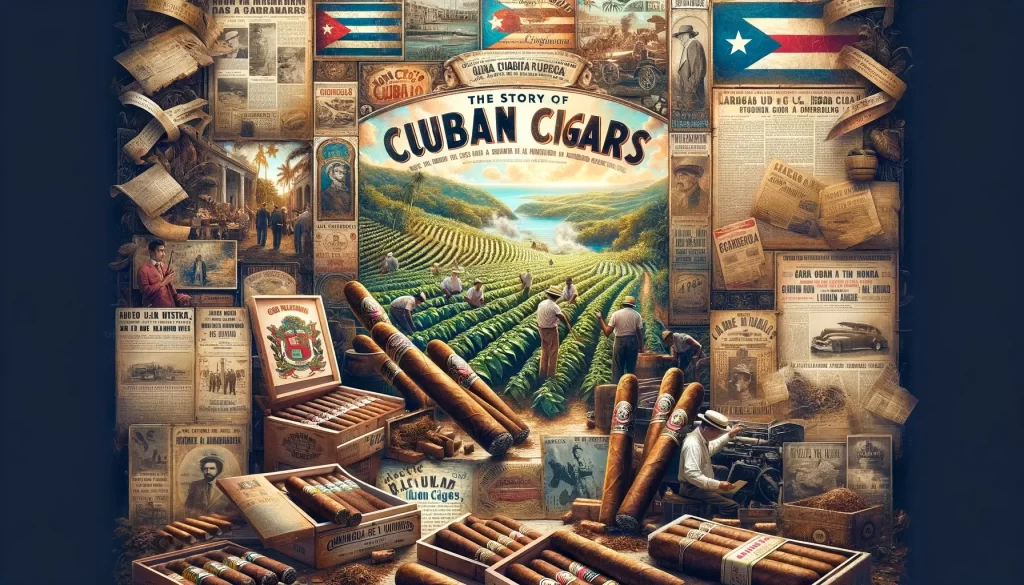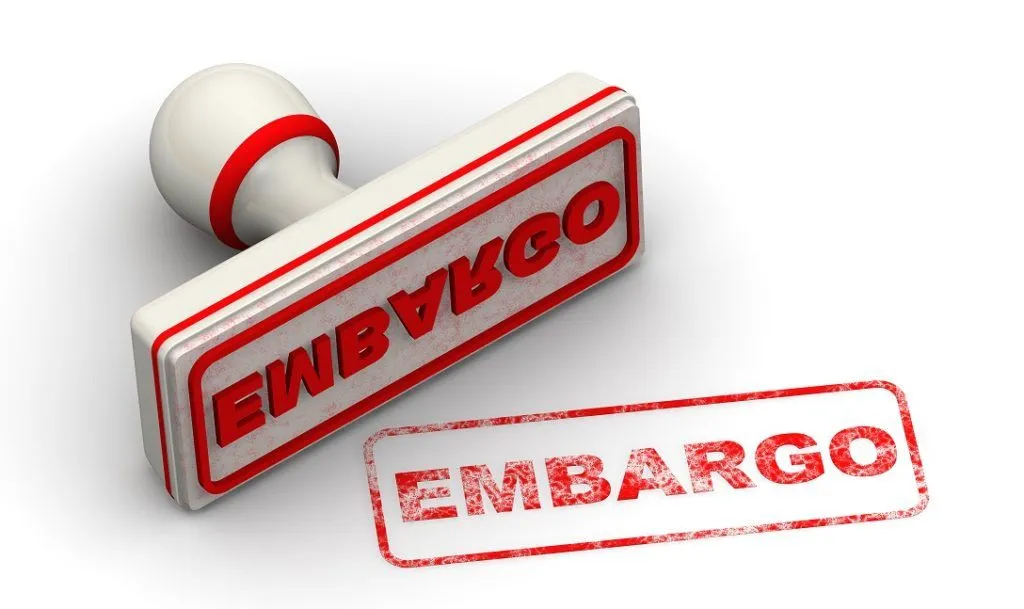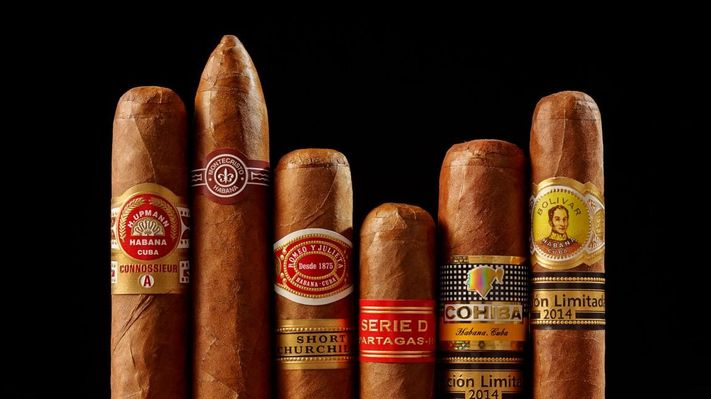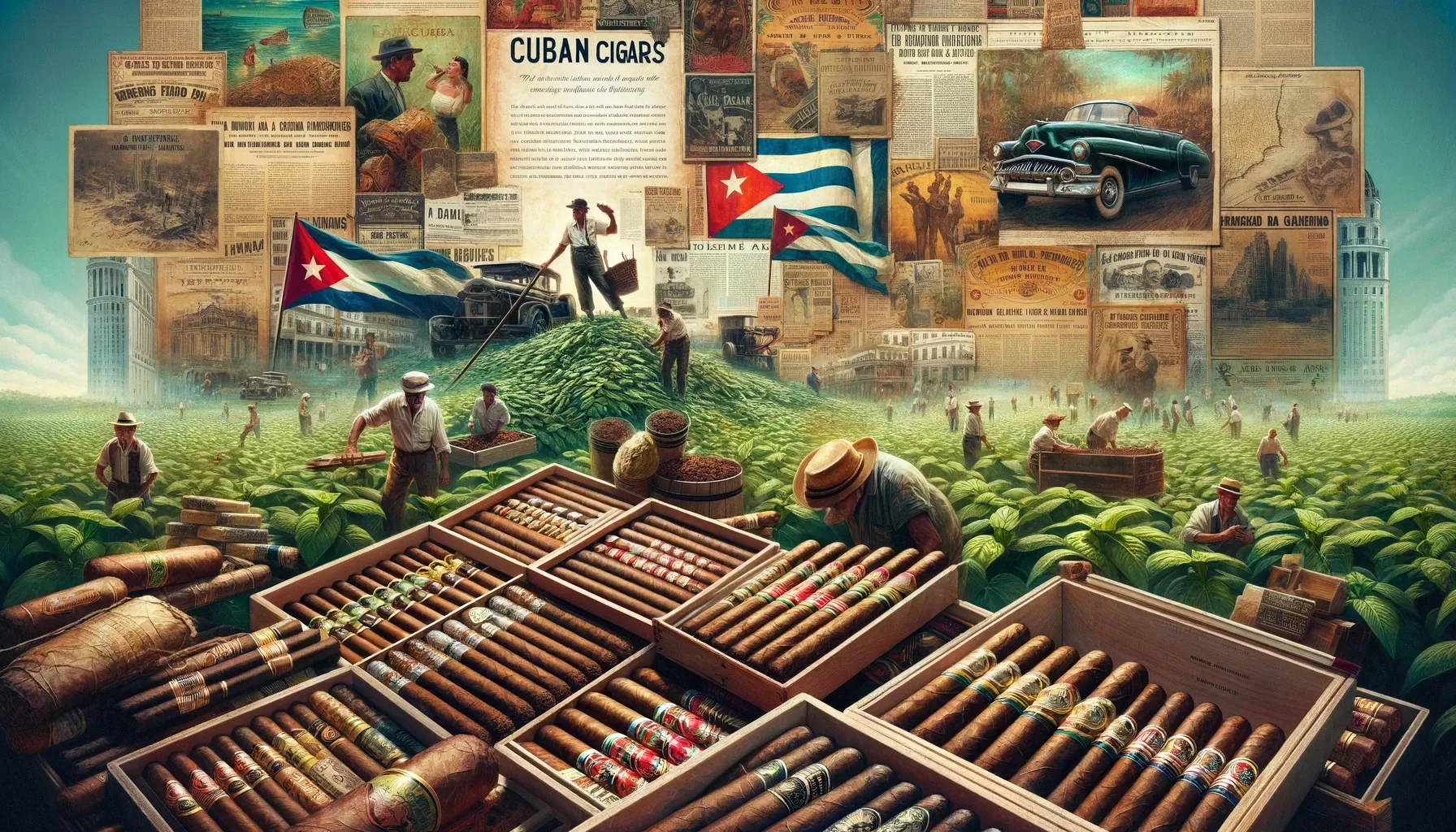Cuban cigars are famous for their rich flavor and high quality. Many people around the world see them as a luxury. However, in the United States, Why Are Cuban Cigars Illegal? This ban has led to a lot of questions and curiosity.
Why can’t Americans buy these renowned cigars? To find the answer, we need to look at the history, politics, and economics that have shaped the relationship between the U.S. and Cuba. In this article, we will uncover the reasons behind the ban on Cuban cigars and explain the ongoing mystery.
The Historical Context of Cuban Cigars
Origins and Early Popularity
Cuban cigars date back to the 16th century when Spanish settlers in Cuba began cultivating tobacco. The island’s unique climate and soil conditions proved ideal for growing high-quality tobacco, which quickly gained a reputation for its superior flavor and aroma. By the 19th century, Cuban cigars had become a significant export commodity, cherished by connoisseurs worldwide.
Pre-Revolution Trade and Economic Ties
Before the Cuban Revolution, the United States and Cuba enjoyed robust economic relations. Cuban cigars were legally imported into the U.S., and American tourists frequently traveled to Cuba, bringing back cigars as souvenirs. This period marked a golden age for Cuban cigars in the American market.
The Cuban Revolution and Its Aftermath

The Rise of Fidel Castro
The Cuban Revolution, led by Fidel Castro, culminated in 1959 with the overthrow of the Batista regime. The revolution ushered in significant political and economic changes, as Castro’s government adopted socialist policies and nationalized private industries, including the cigar industry. These actions led to strained relations between Cuba and the United States.
The U.S. Embargo on Cuba
In response to the Cuban government’s alignment with the Soviet Union and the expropriation of American-owned properties in Cuba, the United States imposed a series of economic sanctions. The most significant of these was the Cuban Trade Embargo, officially enacted in 1962 under President John F. Kennedy. The embargo prohibited all trade between the United States and Cuba, including the importation of Cuban cigars.
Political Motivations Behind the Embargo
Cold War Tensions
The Cuban embargo was a product of Cold War geopolitics. Cuba’s close ties with the Soviet Union and its strategic location just 90 miles from the U.S. coast made it a focal point of American foreign policy. The embargo aimed to isolate Cuba economically and politically, reducing its ability to support communist movements in Latin America and beyond.
Domestic Political Considerations
The Cuban-American community, particularly in Florida, has historically been a powerful political force in the United States. Many Cuban exiles who fled Castro’s regime settled in Florida and have since lobbied for a tough stance against the Cuban government. Their influence has contributed to the persistence of the embargo, including the ban on Cuban cigars.
How to Get Cuban Cigars in the US?
- Travel Exemptions: Legally bring back Cuban cigars for personal use when traveling abroad.
- Friends and Network: Ask friends or relatives traveling internationally to bring back Cuban cigars for you.
- Diplomatic Events: Occasionally obtain Cuban cigars through diplomatic channels or as gifts.
- Cigar Clubs: Join cigar clubs where members might share or trade legally obtained Cuban cigars.
- Stay Updated: Follow US-Cuba policy changes for potential new opportunities.
Enjoy responsibly and within legal limits!
Economic Impact of the Ban on Cuban Cigars
Effects on the Cuban Economy
Cuban cigars are one of the island’s most valuable exports. The embargo significantly impacted Cuba’s economy by cutting off access to one of its largest potential markets. Despite these challenges, the Cuban cigar industry has continued to thrive by exporting to other countries, maintaining its reputation for quality.
Impact on the U.S. Market
The ban on Cuban cigars created a significant void in the American market. While this led to increased demand for cigars from other regions, such as the Dominican Republic and Nicaragua, Cuban cigars retained a legendary status among aficionados. The prohibition also gave rise to a black market for Cuban cigars, with enthusiasts willing to pay a premium for smuggled goods.
Legal Framework and Enforcement

Helms-Burton Act
The Helms-Burton Act of 1996, also known as the Cuban Liberty and Democratic Solidarity Act, reinforced the embargo and codified it into law. This legislation made it difficult for any future president to lift the embargo without congressional approval. The act also included provisions that penalized foreign companies doing business with Cuba, further isolating the Cuban economy.
Enforcement Measures
The U.S. government has implemented various measures to enforce the embargo, including the prohibition of travel to Cuba for tourism and strict penalties for importing Cuban goods. Customs and Border Protection (CBP) officials are authorized to seize Cuban cigars and impose fines on individuals caught smuggling them into the country.
Attempts to Normalize Relations
Obama Administration’s Efforts
In 2014, President Barack Obama announced a historic shift in U.S.-Cuba relations, aiming to normalize diplomatic and economic ties. The Obama administration eased some travel restrictions and allowed limited imports of Cuban goods, including cigars, for personal use. This move was part of a broader effort to encourage democratic reforms in Cuba through engagement rather than isolation.
Trump Administration’s Reversal
The subsequent Trump administration reversed many of the Obama-era policies, tightening restrictions on travel and trade with Cuba. This included reinstating the ban on Cuban cigars, reflecting a return to a more hardline approach toward the Cuban government and the illegal status of Cuban tobacco.
Current Status and Future Prospects
Biden Administration’s Stance
The Biden administration has now signalled a willingness to re-engage with Cuba, but significant policy changes have yet to materialize. The political landscape remains complex, with competing pressures from human rights advocates, business interests, and the Cuban-American community.
Potential Pathways to Legalization
For Cuban cigars to become legal in the United States, several steps would need to be taken to import Cuban tobacco. These include Cuban products, tobacco, and the ongoing debate over whether Cuban cigars should remain illegal in the United States.
- Congressional Action on the legality of Cuban cigars is essential for changing their status in the US and allowing them sold in cigar shops. Amending or repealing the Helms-Burton Act would require congressional approval, a significant political hurdle for legally bringing Cuban cigars into the United States.
- Diplomatic Engagement is crucial for addressing the issues surrounding the illegal status of Cuban cigars in the US and the challenges posed by the trade embargo.: Renewed diplomatic efforts to address human rights and democratic reforms in Cuba could pave the way for easing the embargo.
- Public Opinion: Increasing public support for lifting the embargo on Cuban products, particularly among younger generations, could influence policymakers.
Cultural and Symbolic Significance

Cuban Cigars as a Symbol of Luxury
Cuban cigars have maintained their reputation as a symbol of luxury and sophistication, even though they are illegal in the United States. Their allure is based on their quality, storied history, and the mystique surrounding their prohibition, particularly under the trade embargo. For many, owning and smoking a Cuban cigar represents a connection to a bygone era of elegance and exclusivity, even though these cigars are illegal in the United States.
Enduring Popularity
Despite the legal restrictions, Cuban cigars remain popular among enthusiasts. The internet has facilitated the spread of information about Cuban cigars, including identifying genuine products and the best ways for smokers to enjoy them. Social media and online forums allow fans and smokers to share their experiences and passion for Cuban cigars.
Final Words
The illegality of Cuban cigars in the United States is rooted in a complex web of historical, political, and economic factors surrounding Cuban tobacco. From the Cuban Revolution and Cold War tensions to domestic political considerations and the enduring economic embargo, these cigars have become more than just a luxury item—they symbolize a turbulent relationship between the two nations.
While recent years have seen attempts to normalize relations and relax restrictions, the path to full legalization remains to be determined. Cuban cigars will continue to hold a unique and enigmatic place in the world of luxury goods, cherished by those who can obtain them and coveted by those who cannot, despite being illegal in the United States.

